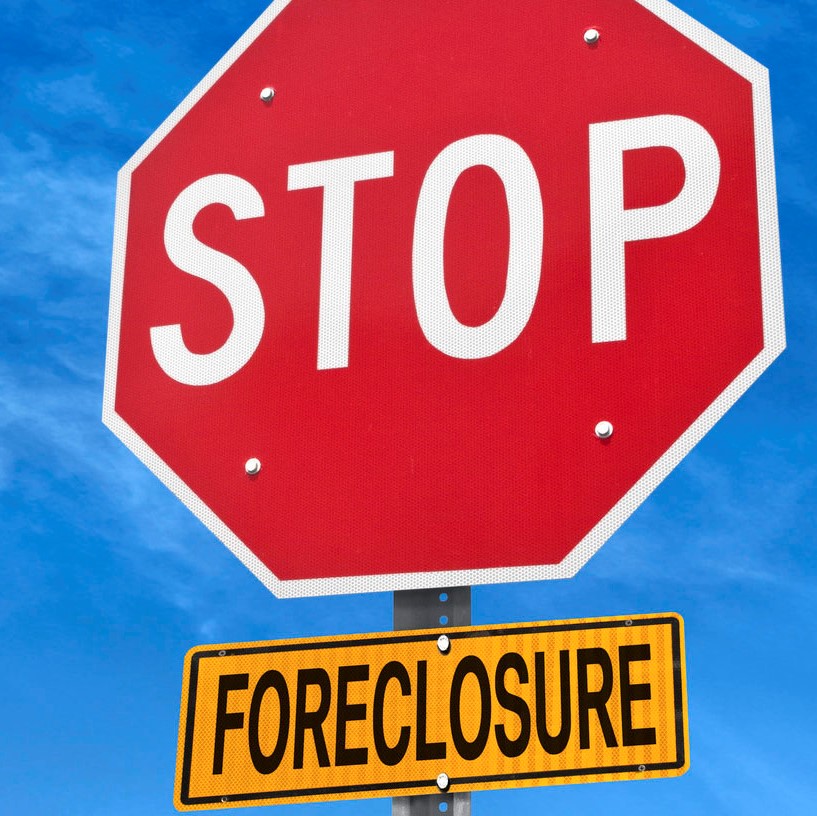For seniors looking for a new venture, house flipping offers a compelling blend of creativity…

If you are facing financial difficulty, you may find yourself looking for ways of preventing foreclosure on your home. It’s important to understand your choices during this time, and how they will affect your home ownership.
Your mortgage contract specifies the date your payment is due every month. It usually allows a 15-day grace period. If no payment is received within that period, the lender will post a past due payment to your account. Once you are 30 days late on your mortgage payment, you mortgage is technically delinquent. At this time, your lender will notify the credit reporting agencies of the delinquent status of the mortgage.
The mortgage delinquency prompts the pre-foreclosure stage. The bank will initiate pre-collection activities, including calling you seeking an explanation for the missed payment(s). You can expect to receive a notice of default along with a demand letter within 90 days of your missed payments. If you do not respond to these collection attempts, your mortgage moves into default status.
Official Proceedings
Once you have defaulted on your mortgage, the bank will begin foreclosure proceedings. At this time, you will be required to get completely caught up and current on your mortgage. Preventing foreclosure activity at this point will require you to contact your lender to try to reach an agreement to bring your mortgage current. If you are unable or unwilling to negotiate a resolution, the bank will repossess your home.
In Oregon, banks have the option of judicial or non-judicial foreclosures. The traditional judicial foreclosure involves filing a lawsuit to obtain a court order to foreclose. A non-judicial foreclosure uses a trust deed, or deed of trust, who acts as a third-party trustee who has the power to sell a property at public auction if the owner defaults on the loan. This process is less expensive and less time-consuming for lenders, and it is the option that more and more banks are using when writing mortgage loans.
Another significant difference between a judicial and non-judicial foreclosure is that in a traditional judicial foreclosure, the bank can seek remuneration from the homeowner if the home fails to sell at auction for enough to cover the amount in default. In a non-judicial foreclosure, the bank cedes this right in favor of an expeditious proceeding.
Foreclosure Time Frame
There are no laws that require a bank to foreclose within a certain time frame. Some banks may take many months before they actually get around to foreclosing on a property. They are required to provide a 120-day public notice of sale. The average time frame to complete a foreclosure is 180 days, but it can take much more time than that depending on many variables.
Your desire to negotiate an alternative to foreclosure can lengthen the time it takes to complete. You have options to modify your loan in order to make it more affordable. If you are unable to qualify for the terms of a loan modification, you may be required to sell the home and pay off its loan balance before foreclosure is complete.
In addition to conventional real estate agents and brokers, preventing foreclosure may be as easy as contacting a real estate investor who can help you quickly sell your home in order to satisfy the defaulted debt. A real estate investor an experienced property professional who works in your community, buying homes from residents who want or need to sell their homes quickly. Investors buy your home in any condition and they pay cash at the time of sale.
Explore Options
Preventing foreclosure boils down to reviewing all your options. Pull your loan documents and review them carefully. Make sure that you understand when the bank will consider action against you for repossession of your home. If you have difficulty doing this yourself, find someone to act in your behalf. You may choose a family member or friend, or you may seek the advice of legal counsel.
Be aware that if agreement is not met between you and your lender, a public notice of the bank’s intent to foreclose is required by law. Know the people you are talking to about the status of your home. There are unscrupulous people who stand to profit from your circumstance, and you need to scrutinize anyone who offers unsolicited assistance during this stressful time. Check references, confirm business addresses, and check with your bank before initiating in any business with people you don’t know.
For more information on preventing foreclosure, check out these helpful links:
Oregon Homeowner Support
https://www.oregonhomeownersupport.gov/en/learn-more/the-foreclosure-process
Keeping Your Home (from the Oregon Homeowner Support site)
https://www.oregonhomeownersupport.gov/uploads/docs/Foreclosure_Help.pdf
USA.GOV
https://portal.hud.gov/hudportal/HUD?src=/topics/avoiding_foreclosure
https://www.usa.gov/foreclosure


